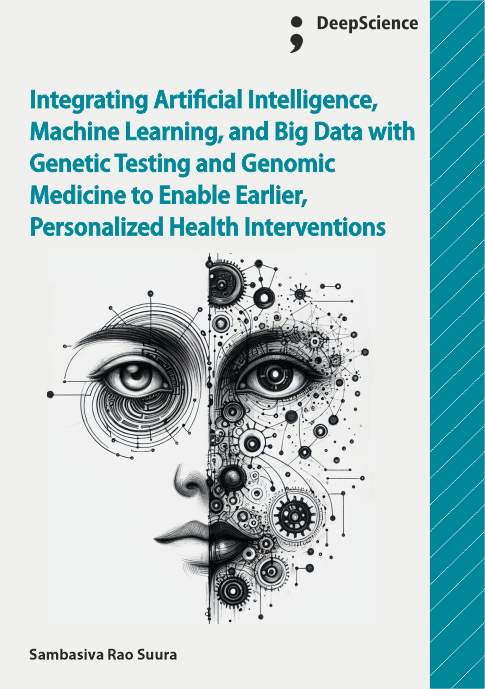Clinical decision support systems powered by artificial intelligence and genomics: Transforming healthcare delivery models
Synopsis
Delivering effective healthcare is a complex, multifaceted process that requires high-stakes decision-making at every turn. Discrepancies between the complexity of medical problems and the imperfect resolution in judgment, coding discrepancies, and the increasing mode of specialization are the pressing issues that clinical healthcare faces today. The necessity for better bed management, decrease mortality rate due to delay in treatment, improved patient safety and reduced healthcare cost expenditure has prompted healthcare providers and policy makers to solicit for invention disciplines like management science, operation research or information technology.
The importance of technology in driving improvements in the efficiency and effectiveness of healthcare delivery cannot be understated. It is viewed as a means to enhance patient outcomes and improve efficiencies, primarily through automation and clinical decision support. The literature reports many ways in which computer-based patient records in clinical settings improve decision making as a result of enhanced retrieval, interpretation and integration of data, and guidelines generated by expert systems, as they become more common, are set to improve the coherence of management plans. Apart from using it directly for patient care, there is also an argument that improved information technology systems might make hospitals and practices more enjoyable places to work, as well as improving administrative routines.
This essay is designed to be a general introduction to Clinical Decision Support Systems. Its main objective is to provide a broad overview of how these systems are positively transforming the healthcare delivery model. Namely, it covers definitions, the status quo, and the current direction of Clinical Decision Support Systems. Furthermore, this essay delves into a discussion of how the discipline must progress as the generation, communication, and storage of medical data increase at an exponential pace. With improvements in AI and genomics rapidly increasing, the way that medicine is practiced will soon become unrecognizable — a potential that will be explored by outlining various AI and genomics-specific applications.












